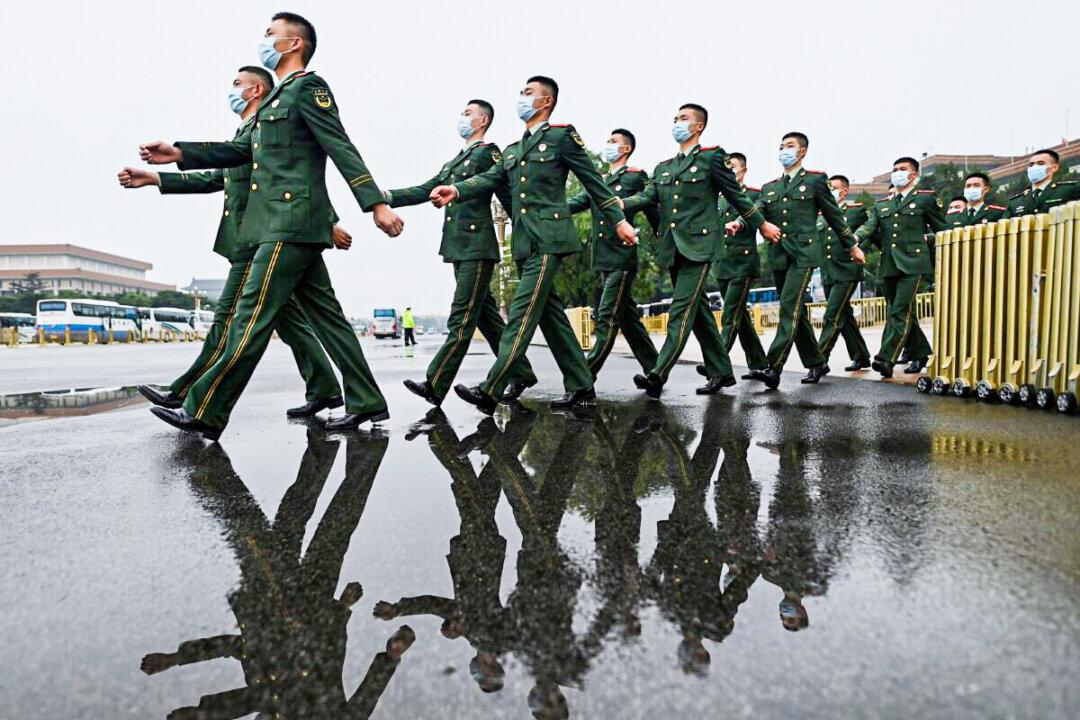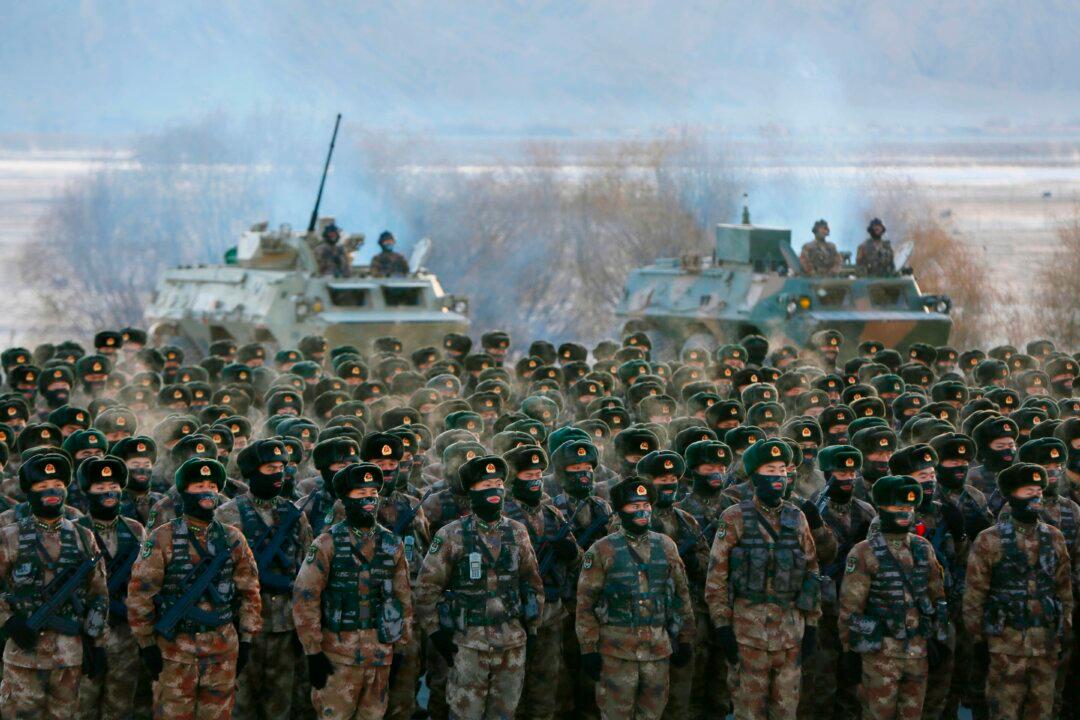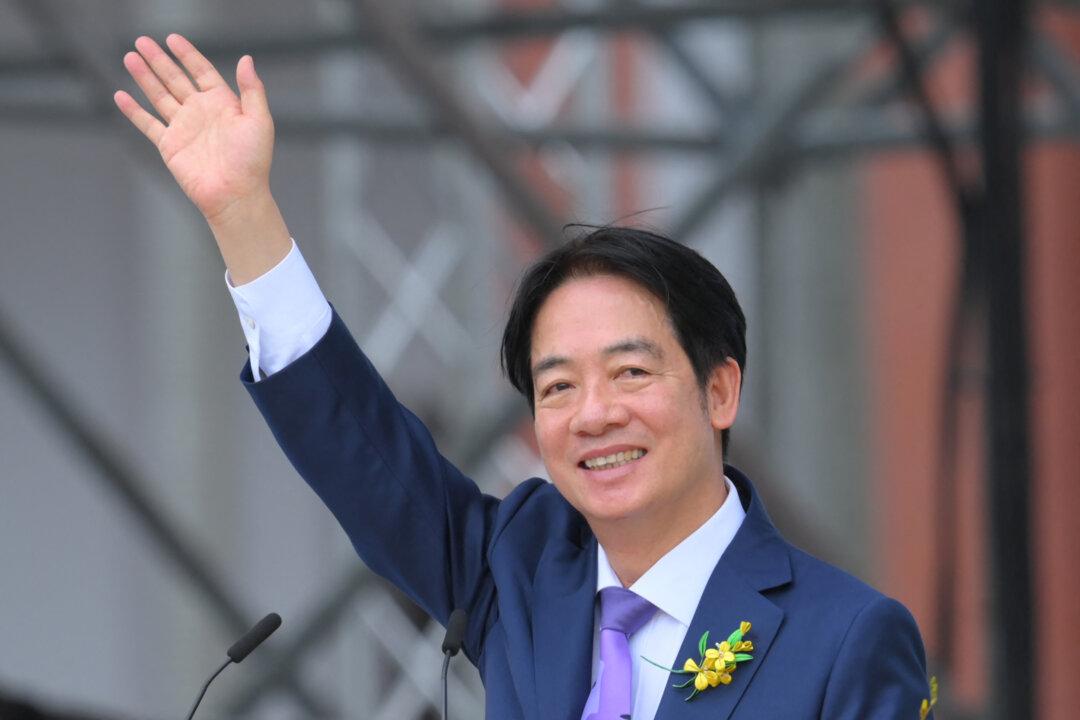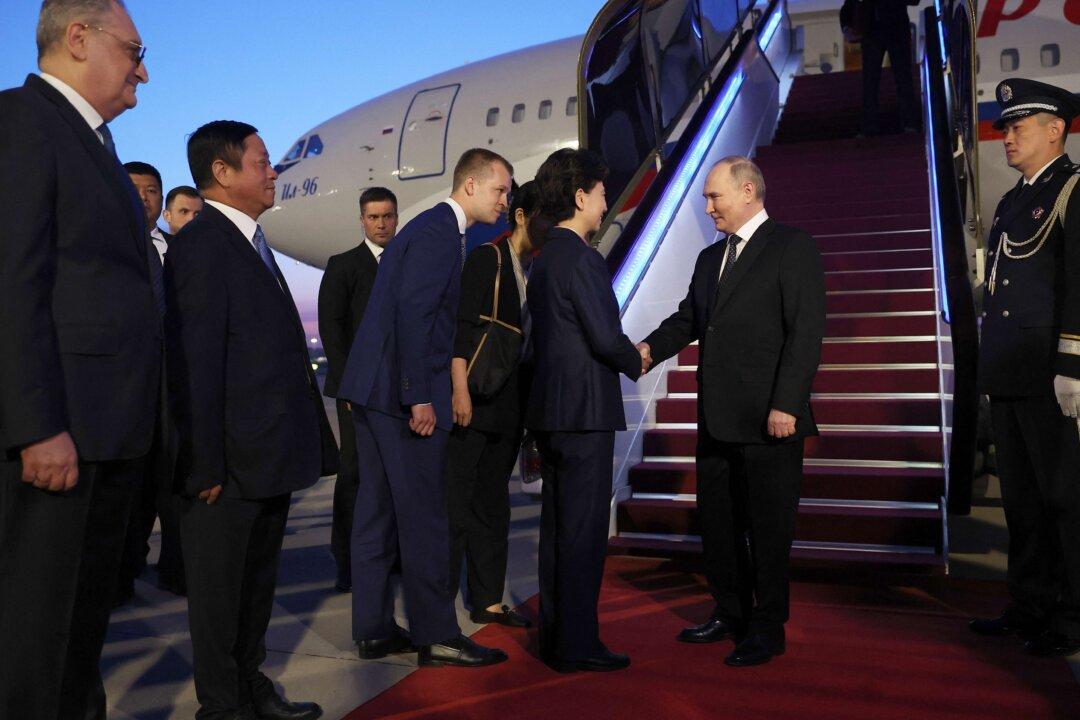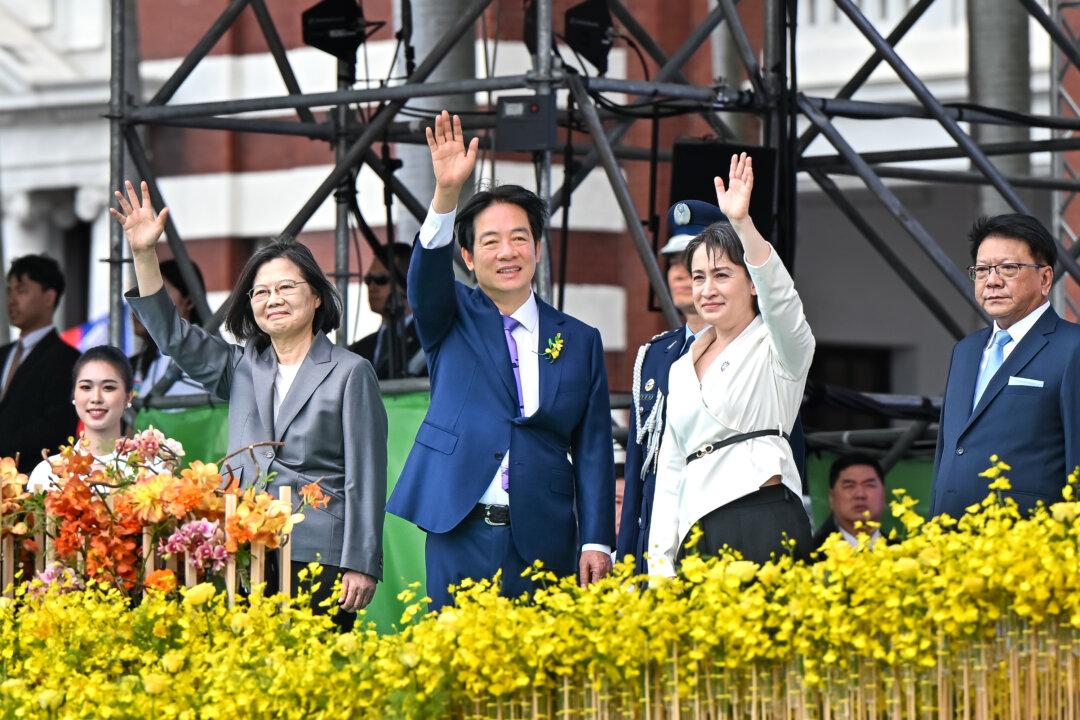Commentary
The occasion of the Pentagon’s release of the Global Posture Review compels the recognition that the Chinese regime’s employment of unrestricted warfare against the United States is evolving. It is changing because China’s capabilities are growing.
